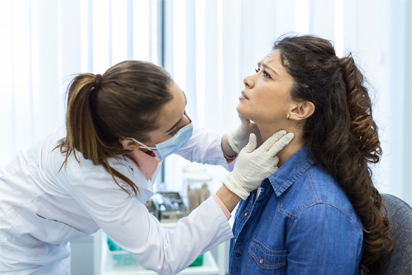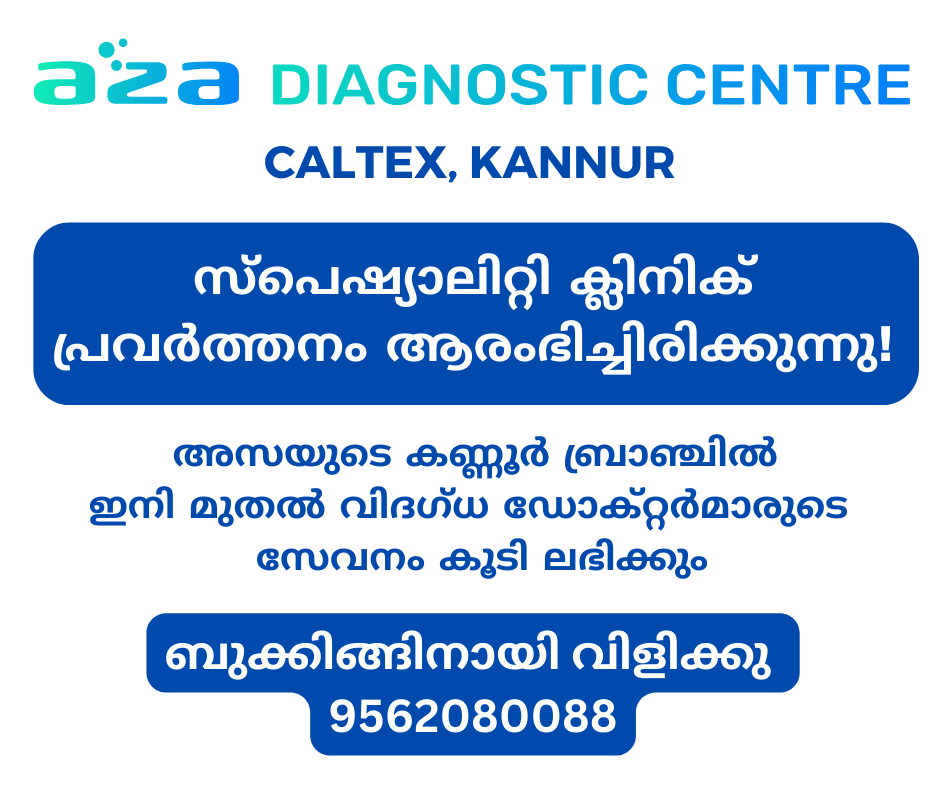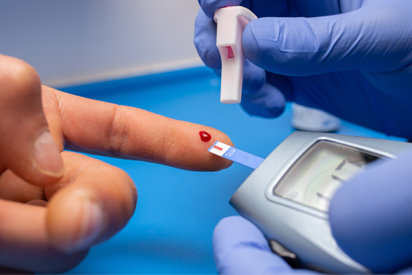
2024-01-16
Thyroid Function Testing (TFT): Why You Need It
Your thyroid gland, a small, butterfly-shaped organ located in your neck, plays a crucial role in regulating various bodily functions, from metabolism to brain development. Understanding the health of your thyroid is essential, as it produces two key hormones: thyroxine (T4) and triiodothyronine (T3). These hormones influence the functioning of every cell in your body. An imbalance in thyroid hormone levels can lead to various health issues, making regular thyroid function testing (TFT) a vital component of overall health monitoring.
What are Thyroid Function Tests (TFTs)?
Thyroid function tests are a series of blood tests designed to measure the levels of thyroid hormones in your body. These tests help assess the overall functioning of your thyroid gland. The primary components of a TFT blood test include:
-
Thyroid-Stimulating Hormone (TSH) Test: This test measures the level of TSH, a hormone released by the pituitary gland in the brain. This hormone stimulates the thyroid to produce T4 and T3 hormones.
-
Thyroxine Test (T4): T4 comes in two forms: bound and free. It is the primary hormone that the thyroid gland secretes. While bound T4 is attached to proteins and unavailable for use, free T4 is the active form that performs metabolic functions.
-
Triiodothyronine Test (T3): T3 is the active form of thyroid hormone, and similar to T4, it exists in bound and free forms. Free T3 is the version available for use by cells in the body.
-
Thyroid Antibodies Test: To rule out autoimmune thyroid disorders, it is occasionally recommended to test for thyroid antibodies such as anti-thyroid peroxidase (TPO), anti-TSH receptor antibodies, and anti-thyroglobulin (TG) antibodies.
Understanding TSH Test Results
The TSH test plays a crucial role in identifying thyroid disorders. Contrary to popular belief, the pituitary gland rather than the thyroid produces TSH. This hormone regulates the production of T4 and T3 by the thyroid. Elevated TSH levels may indicate hypothyroidism, while lower levels could point to hyperthyroidism.
Interpreting TSH levels alone is insufficient. A comprehensive thyroid blood test profile report is essential for an accurate assessment. The normal TSH range for adults is 0.5–4.0 mIU/L.
Significance of T4 Levels
Most of the hormone that the thyroid gland produces is bound to proteins and is known as thyroxine (T4). Free T4 is the active form responsible for metabolic functions. A total T4 test measures both bound and free T4, while a free T4 test specifically measures the active form. Normal total T4 levels range from 5–12 mcg/dl, and free T4 levels range from 0.8–1.8 ng/dl in adults.
The Role of T3 Testing
Triiodothyronine (T3) is the active form of thyroid hormone, constituting about 10% of the hormones produced by the thyroid gland. Similar to T4, T3 exists in bound and free forms. A total T3 test measures both forms, while a free T3 test specifically measures the active form. Normal total T3 levels range from 75–195 ng/dl, and free T3 levels range from 0.2–0.5 ng/dl.
Insights from Thyroid Antibody Tests
Thyroid antibodies, including anti-thyroid peroxidase (TPO), TSH receptor antibodies, and anti-thyroglobulin (TG) antibodies, play a crucial role in autoimmune thyroid disorders. Hashimoto's thyroiditis and Grave's disease are conditions where these antibodies attack the thyroid, affecting hormone production.
For anti-TPO antibodies, the normal level is less than 9 IU/mL, and for anti-TG antibodies, it is less than 4 IU/mL. Elevated levels may indicate Hashimoto's thyroiditis. TSH receptor antibody levels below 1.75 IU/L are considered normal, while higher levels may suggest Grave’s disease.
Factors Influencing Thyroid Test Results
Several factors, such as illnesses like diabetes, medications, pregnancy, and lifestyle, can affect thyroid test results. These external factors might lead to inaccurate results, necessitating consultation with a trained thyroid specialist for proper interpretation.
Finally, give thyroid health first priority
Identifying the cause of thyroid dysfunction is the first step towards effective treatment. A comprehensive thyroid function test panel, including TSH, T4, T3, and thyroid antibodies, provides valuable insights into the underlying issues. Early diagnosis of autoimmune conditions like Hashimoto's thyroiditis and Grave's disease can significantly impact the treatment plan.
AZA Diagnostic Centre, headquartered in Calicut, stands as a distinguished diagnostic clinics in Calicut, Kerala, with a burgeoning presence in the Malabar area. Our laboratory is proud to have earned the prestigious NABL accreditation and features the most extensive in-house test menu among laboratories based in Kerala. Committed to ensuring wellness through technological excellence, we take pride in being pioneers by consistently incorporating cutting-edge technology and practices.
At Aza Diagnostics, we recognize the critical significance of thyroid health. Our dedication to your well-being extends beyond delivering precise test results. Join the Aza Diagnostics family for personalized and comprehensive thyroid care. Discover why people consider us to be one of the top clinics and the best lab in Calicut.
Make an appointment now and let us lead you towards a happier life and a healthier thyroid.



